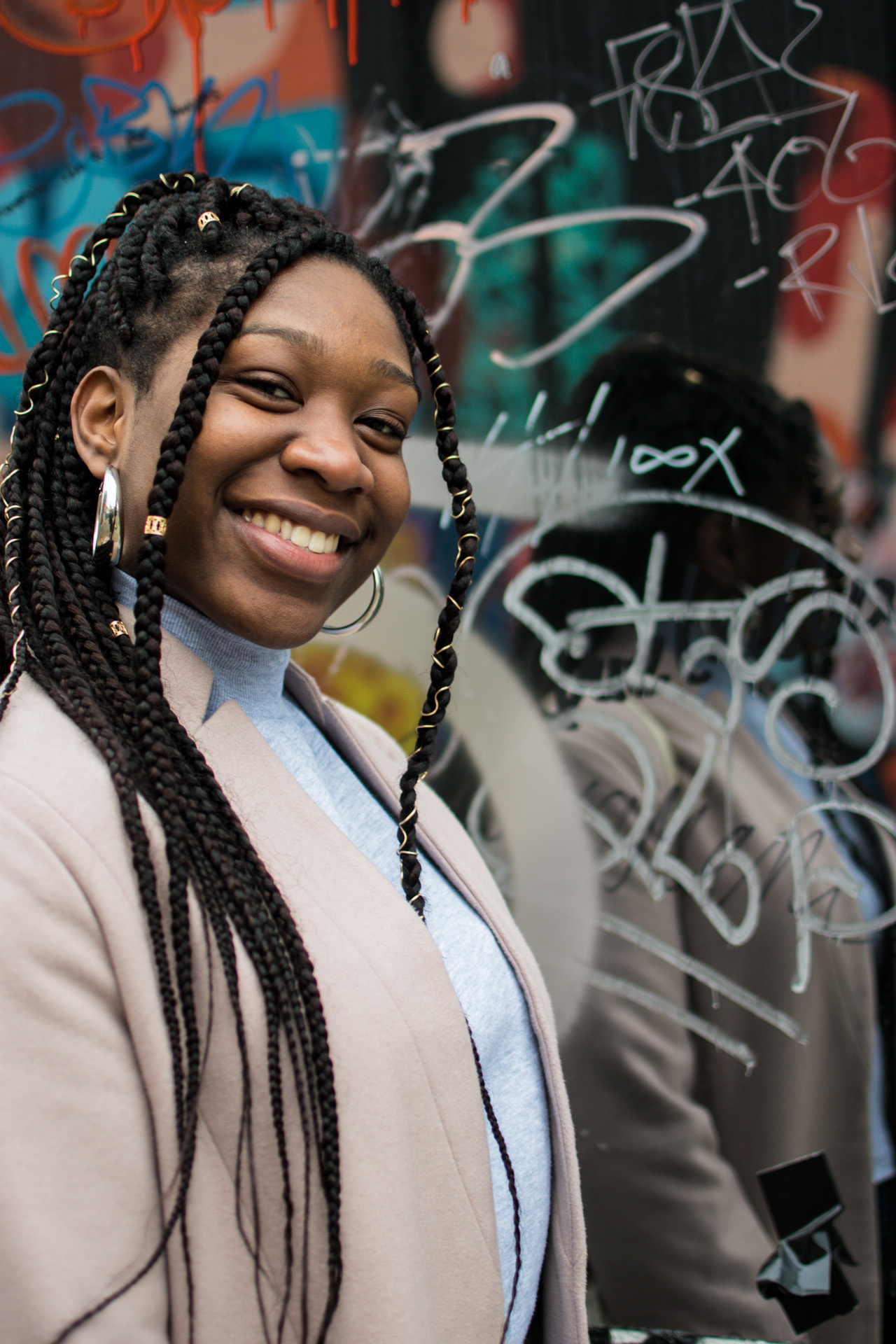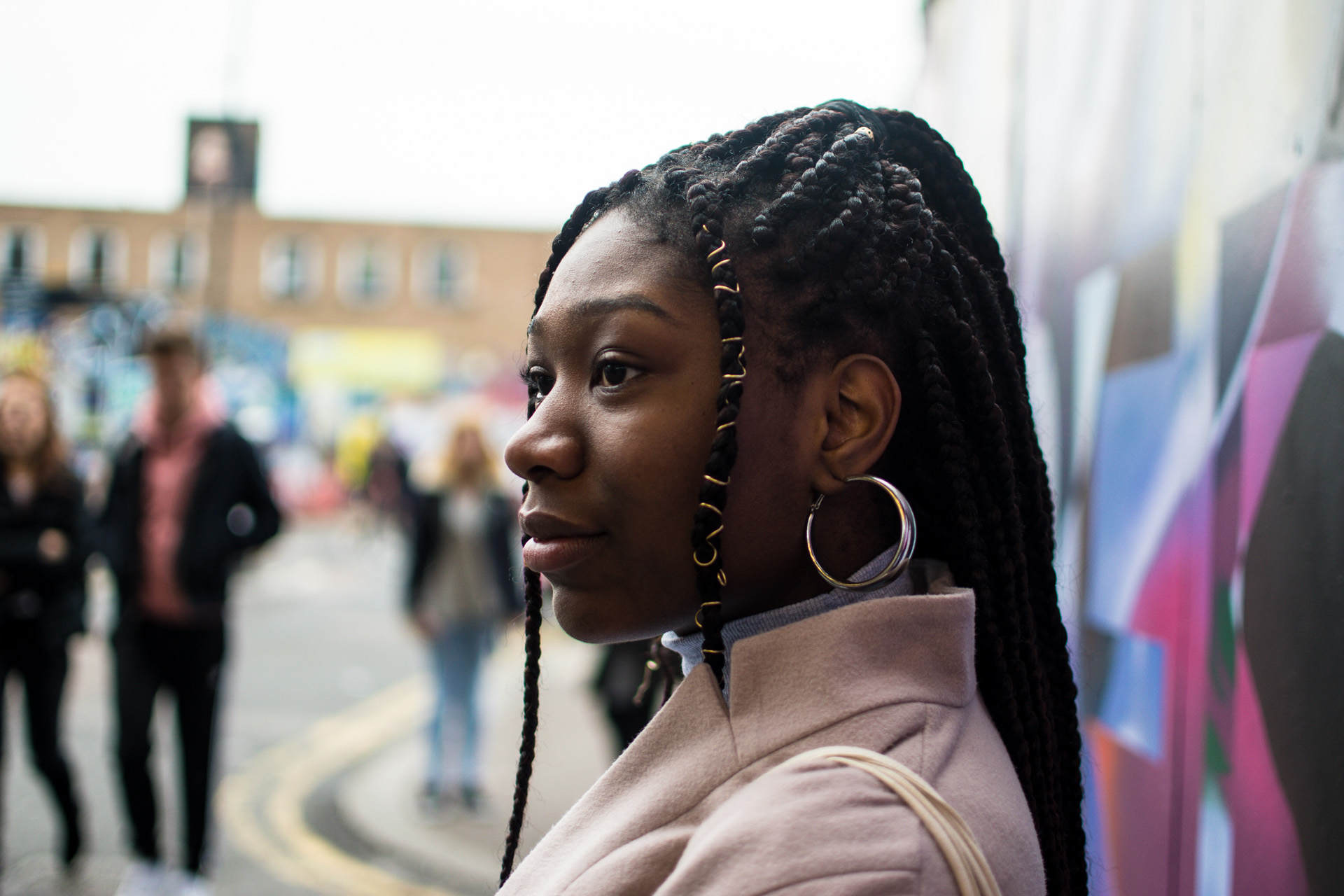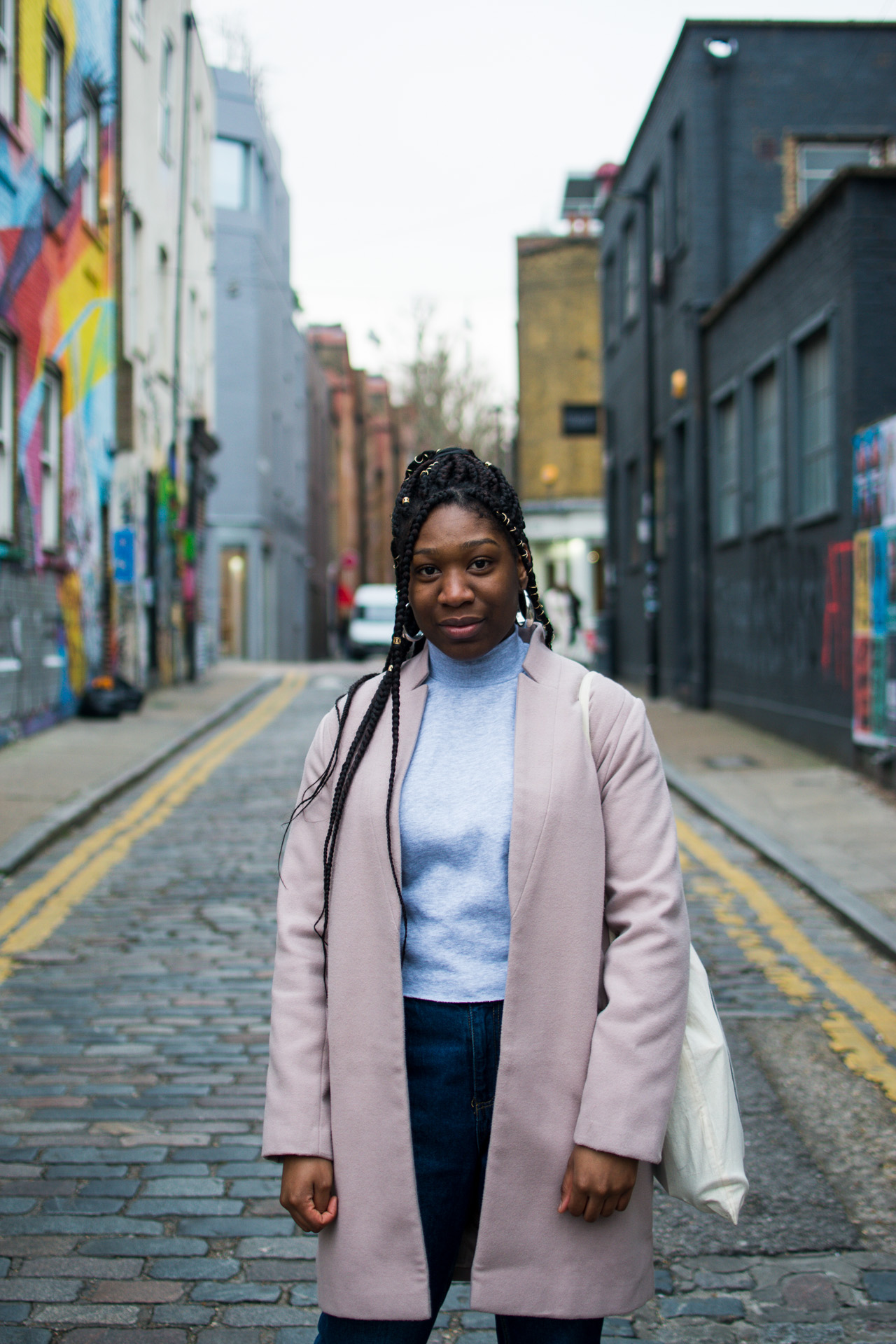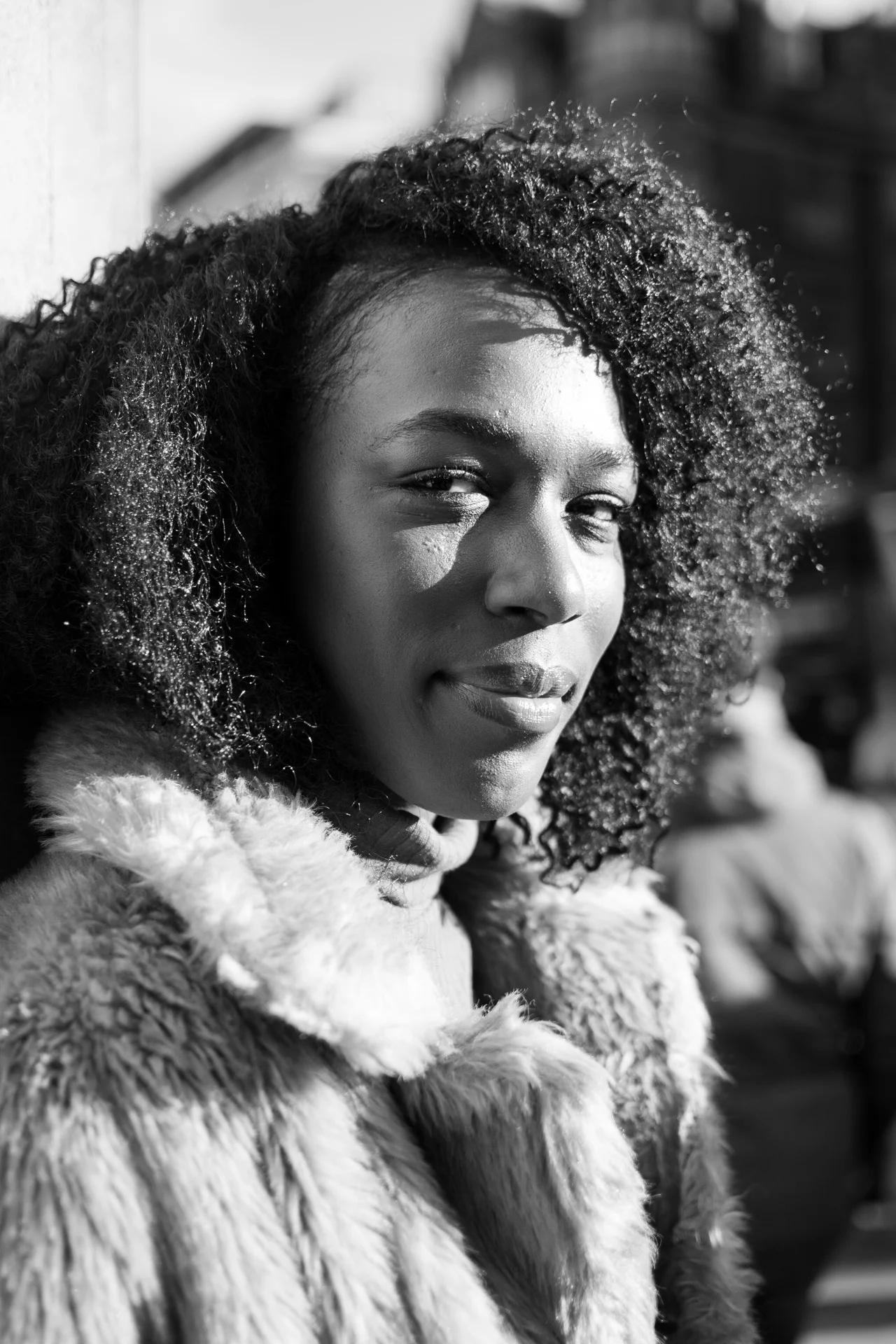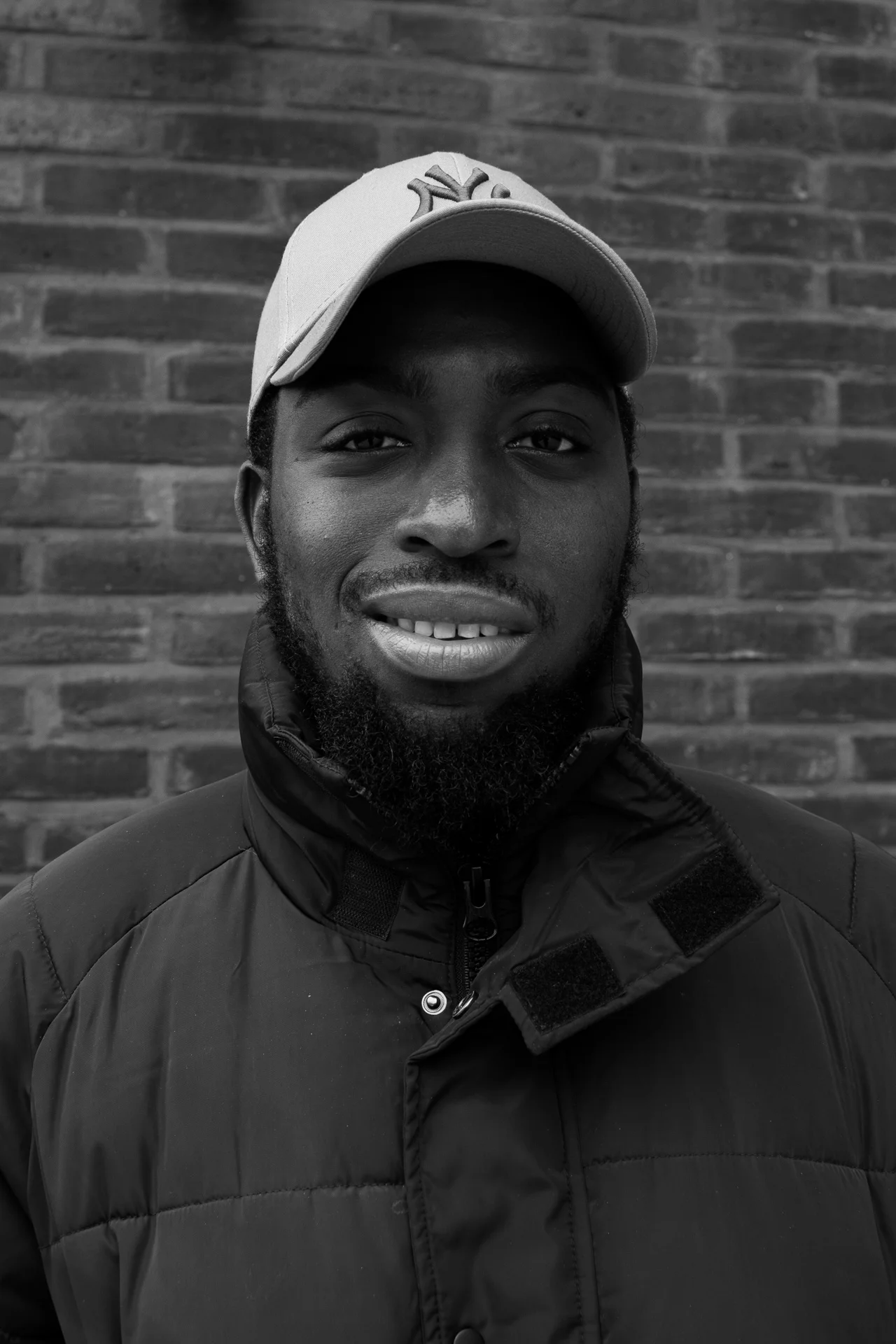Hannah
Hannah, 18
Nigerian ethnicity: Yoruba, Esan
City/County grew up in: Essex
City/County of residence: Essex
*audio below
Describe your heritage
I was born here, but my parents were born in Nigeria. I identify as Nigerian, Black British, but I mainly refer to my Nigerian heritage as that’s the culture I think I identify more with.
What to you, makes you Black British Nigerian? How do you define it?
I define being British Nigerian as being able to adapt to your culture in the UK, wherever you are and that’s been done in so many different ways. So if you go to places in London now, you can see so many Nigerian food shops, restaurants, hair shops, and I think that for me helps me to identify myself as a Black Nigerian person in the UK. Also culturally things that are going on at home - so the food I eat, the clothes I wear, the language spoken in my house, and yeah. That’s it.
What challenges do you/have you faced that relate to your identity as a Black British Nigerian?
So my parents are from two different tribes, one being the Yoruba tribe, and my dad is from the Esan tribe which is really rare. So explaining the fact that I’m not from one tribe can be a bit annoying because people just wont know where the tribe is, they don’t understand the language, or the cultural difference it has compared to the major tribes. I think that’s the main challenge. Other than that, I usually find people who respect my culture and identity.
What do you love about being Black British Nigerian?
The main thing I love about being a Black British Nigerian, is having such a rich culture and heritage and being able to express that. Whether it’s accepted or not, there are many many British Nigerians in London especially, who I can share my culture and heritage with and they’ll appreciate it. And I can walk down the street and find something that relates to my culture in many different ways, whether it’s hair, clothes, food.
Do you think this country values your identity?
I think they value the culture but not the identity. They like the culture but they don’t like the people. And by that I mean there’s certain things, whether it’s the music, the food and the fashion, the hair that they appreciate, but the people who want to express that are the not the people they choose to express it in media. So I can see someone walking down a runway at London Fashion Week wearing maybe something similar to a Nigerian printed cloth, but it wouldn’t be a Black person or even a Nigerian person, it’d be someone that’s maybe British. Just even walking into Tesco and seeing a British spin on jollof rice or something Nigerian; they like the culture but not necessarily the people.
What does the future look like for Black British Nigerians - what are your hopes for us?
I hope that, we’ll be able to assert ourselves more in society, whether that’s politics, media, and just everywhere. I think there’s been a growth in terms of music, and television and film in the UK, but as far as politics and maybe even people on TV such as the news, there’s a lack of us and I’d like to see more of us.




